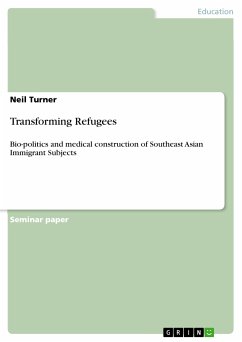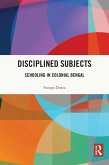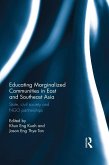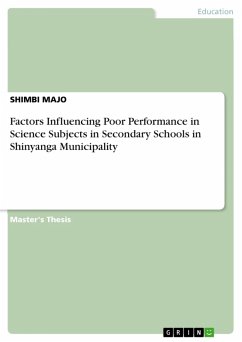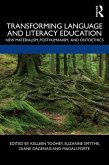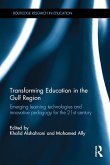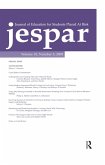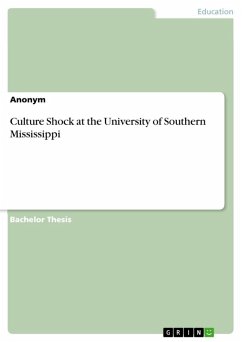Seminar paper from the year 2005 in the subject Pedagogy - Theory of Science, Anthropology, grade: A, California State University, East Bay (California State University, Los Angeles and Denver Institute of Urban Studies), course: Anthropology, language: English, abstract: The point of this essay is not to argue that biomedicine has become a mechanism for establishing political or cultural identity for refugees entering the U.S. Neither does it claim that modern biomedicine influences define the character and needs of immigrants. Rather, it seeks to establish that each verifies the other and it seeks to present biomedicine as a mediator of physical realities that gives nation-states justification for domination and control of immigrants and refugees. We will first trace the emergence of the "gaze" in a historical context to its formation as a classificatory concept and mechanism of power relations. Then, we will discuss the central role of cultural citizenship and its impact on the processes of immigration and assimilation.
Dieser Download kann aus rechtlichen Gründen nur mit Rechnungsadresse in A, B, BG, CY, CZ, D, DK, EW, E, FIN, F, GR, HR, H, IRL, I, LT, L, LR, M, NL, PL, P, R, S, SLO, SK ausgeliefert werden.

